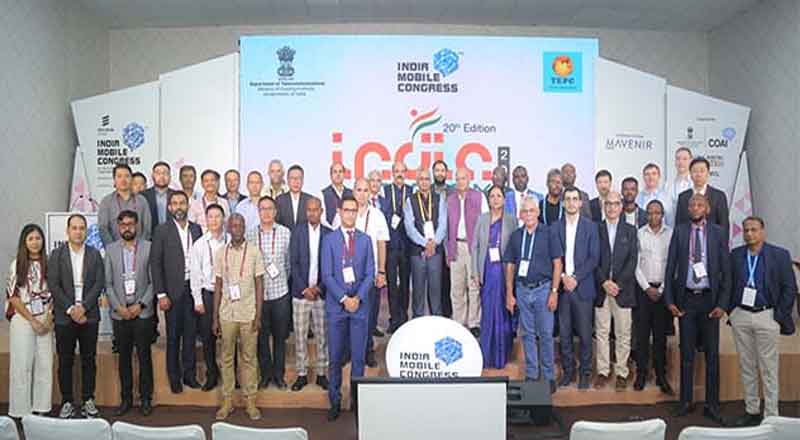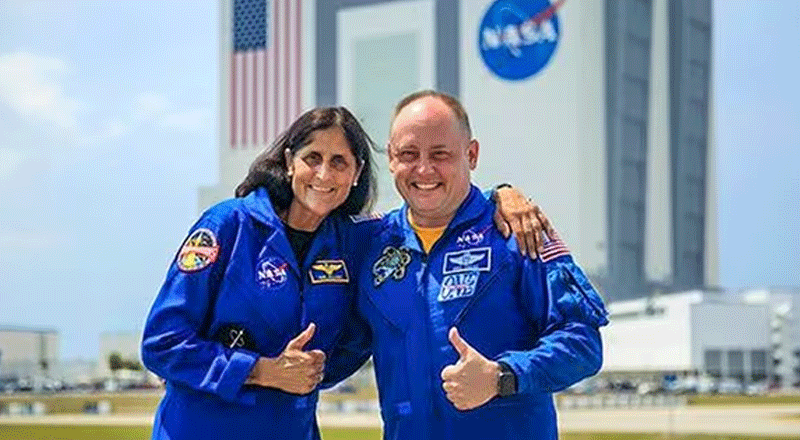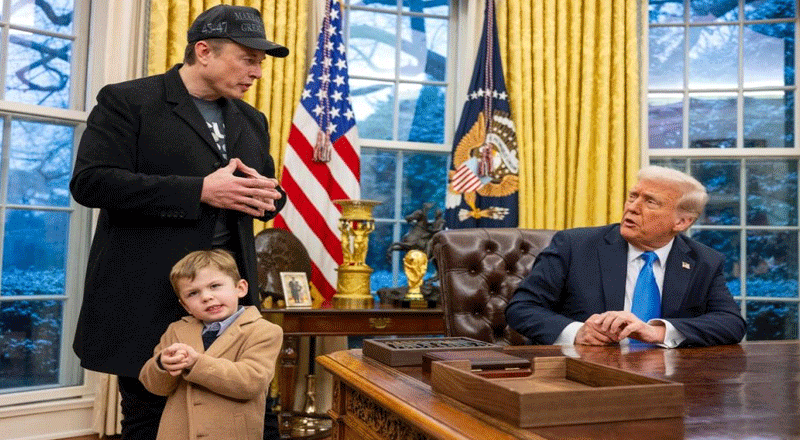New Delhi, The 8th Edition of Indian Mobile Congress (IMC) 2024, the largest telecom, media and technology forum in Asia, jointly organized by the Department of Telecommunications (DoT) and the Cellular Operators Association of India (COAI), entered the final day witnessing policy makers and industry leaders coming together to call for greater collaboration in driving digital transformation. Key discussions centered on building a future roadmap for 5G, AI and emerging technologies, with a strong focus on public-private partnerships to foster innovation and digital inclusion.
Further demonstrating this year’s theme of “The Future is Now”, the fourth day featured important sessions and panels which included: Spectrum for $1 Trillion Digital Economy, Evolution of FinTech and Enabling Role of Government, AI and Digital Intelligence: Initiative by DoT, 5G lessons to 6G Developments – Emphasizing India’s contribution from an academic perspective.
ITU-WATSA also hosted AI for Good – Machina learning in 5G challenge, a collaborative platform where AI innovators and problem owners learn, discuss and connect to identify AI solutions to advance the Sustainable Development Goals.
Quotes from key industry leaders on Day 4 of India Mobile Congress 2024:
Lt. Gen M U Nair, National Cybersecurity Coordinator (NCSC) said, “The DoT has taken multiple initiatives to protect cyberspace but despite that, cybercrimes are only increasing. Every day we find people losing money and we are trying to ascertain why this is taking place. Sim card fraud is another challenge we are facing in the ecosystem.”
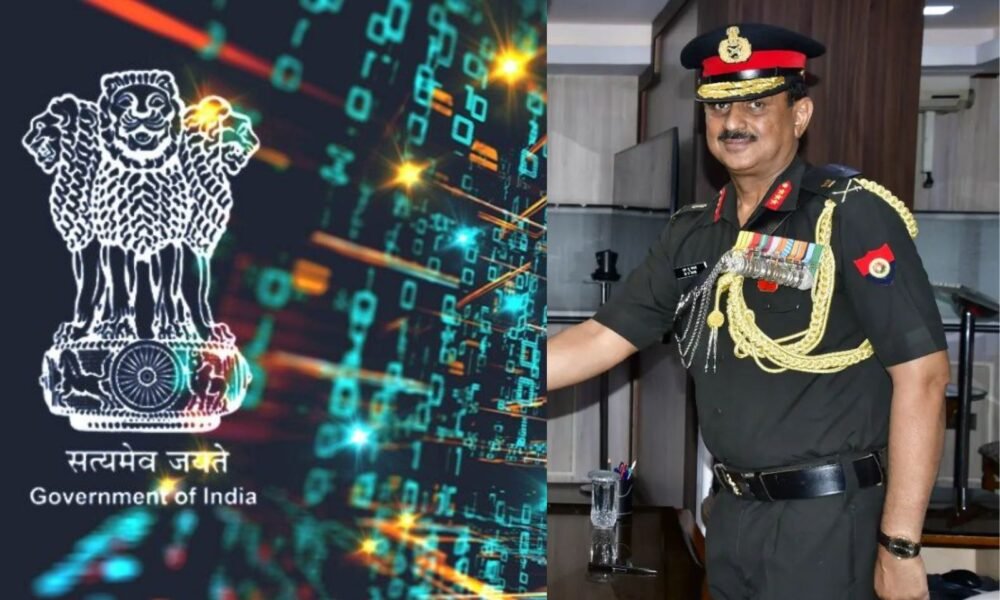
Sh. Manish Sinha Member (F) Department of Telecommunications said, “The development of a robust digital public infrastructure is crucial for India’s economic growth. Collaboration among industry, academia, and research institutions is essential to address the challenges and opportunities in this sector. Spectrum management is a critical issue, requiring careful consideration of allocation, satellite spectrum, and licensing. Balancing the needs of traditional and emerging services while ensuring sufficient spectrum availability is essential. Resolving these spectrum challenges can provide valuable insights and solutions for telecom administrations worldwide.”
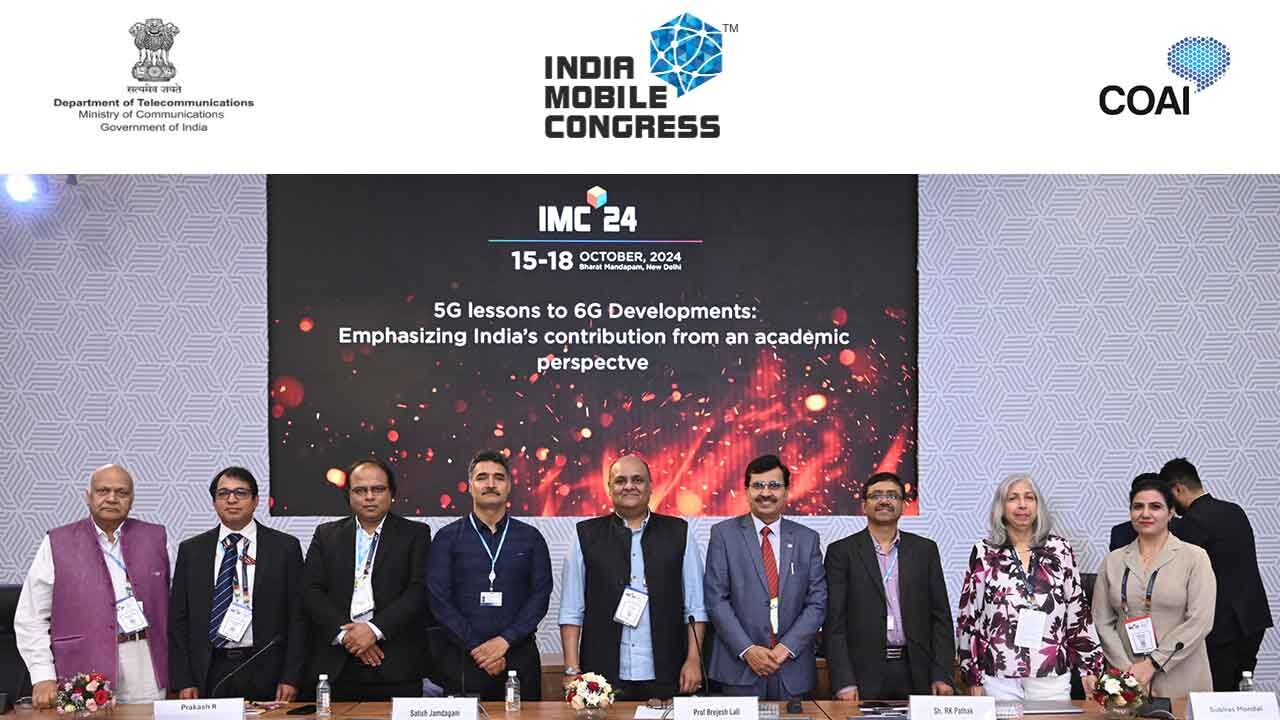
Lt. Gen. Dr. S.P. Kochhar, COAI said, “We need to roll out 5G and create a robust future network, the deficit between expenditure and earnings needs to be filled in. Last year’s deficit was 10000 crores. There are 2 feasible ways of doing so 70-80% of our network traffic today, is OTT traffic. So we must come to a unanimous decision with them, of sharing a fair share of the infrastructure cost, which can be regularly reviewed and revised.
We need 2 Gigahertz of spectrum to provide 5G at full efficiency—but what we got in the last auction was only 800 Megahertz. So, there is a deficit of 1200 Megahertz that needs to be fulfilled to offer the true flavor of 5G at optimum costs. Having telecom is no longer a luxury; it is an essential ingredient flavoring our lives. Therefore, it has to be made robust. IMC 2024 will be a turning point for the Telecom industry; as it has been an eye-opener for the imperativeness of coming together of all players and discussing certain issues. Certainly, the way ahead will be carved out better.”
U.K. Srivastava, President, Reliance Jio said, “Since early August, we have taken several actions, as service providers, in collaboration with the government, and we have blocked a lot of numbers to make the system safer. All this has been possible because of the efforts and portals developed by DoT and we are sure that the complaints will reduce further going ahead. We are also blocking messages which are not whitelisted and I expect this to limit frauds.”
Rajesh Kumar Pathak, Director General of Bharat 6G Alliance said, “To harness the power of technology for our youth, we must unify government, academia and industry, investing in innovative standards and overcoming challenges in collaboration. With a vision of 10,000 ideas, we seek to leverage 5G to foster growth, support finance personnel in their roles, and advocate for effective law-making that drives meaningful change while ensuring sustainable revenue through strategic asset taxation.”
Shri Asit Kadyan, DDG, DoT said, “It is important to provide access to all kinds of data and Digital Twin is mainly for collecting data from diverse sources and the key aspect that we are targeting as a part of the Sangam Digital Twin is the monetization model to engage the people. So, knowledge will go upstream in this model and money will go downstream. This is a part of the architecture which is enabling monetization and aligning the incentives. The purity of data is important to device an optimal solution and the fluidity of the solution architecture is important to become adaptable and the outcome of this entire initiative is the source of life for the best solutions.”
Concurrent to IMC 2024, India is also hosting the prestigious international conferences – World Telecommunication Standardization Assembly New Delhi 2024 (WTSA 2024) and Global Standards Symposium (GSS 2024) from 14-24 October 2024 at Pragati Maidan.


